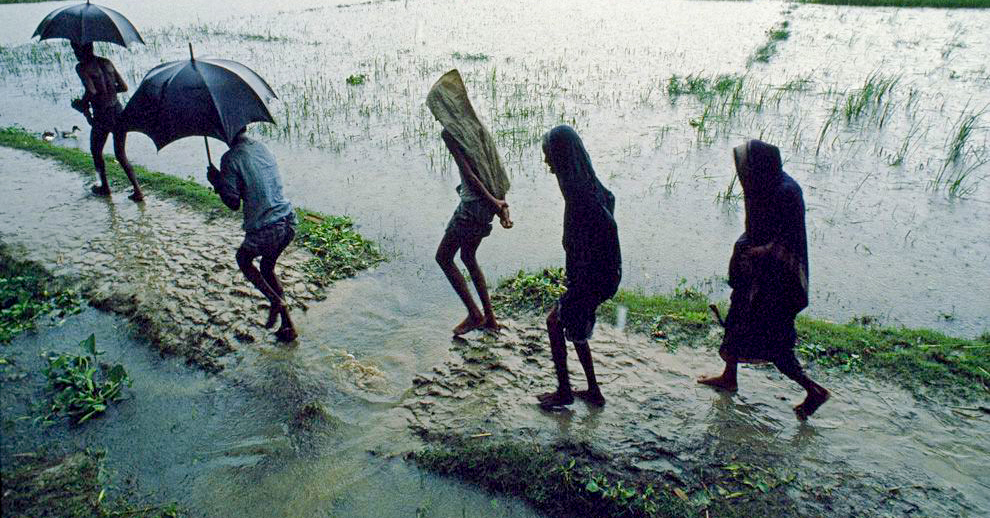
CHMPR Distinguished Lecture Series
Predictability and Prediction of Asian Summer Monsoon
Dr. Jagadish Shukla, George Mason University
2:30pm Tuesday, October 10, 2017, ITE 325, UMBC
Coffee & Tea at 2:00pm
The chaotic nature of the atmosphere puts an upper limit of about two weeks for deterministic prediction of weather. Yet, there is evidence for predictability in the midst of chaos. Societally beneficial dynamical seasonal predictions of short-term climate variations are routinely being made by modeling the interactions among atmosphere, ocean, and land processes. The first part of the seminar will review the evolution of our field from weather prediction to climate prediction.
The second part of the seminar will describe the results for prediction of Asian Summer Monsoons. It will be shown that after 50 years of climate modeling, the fidelity of climate models has improved so that it is possible to produce a skillful prediction of Asian Summer Monsoon rainfall. The seminar will give a historical overview of monsoon forecasting and will present the results of re-forecasting summer monsoon rainfall in the past 57 years (1958-2014) using the NCEP Climate Forecast System. It will be shown that if the modern day coupled climate models were available during the 1970’s, even with the limited ocean observations at that time, it should have been possible to predict the 1972-73 ENSO event and the associated severe monsoon drought over India. Finally, the prospects and future challenges for skillful dynamical seasonal prediction will be described.
J. Shukla was born in 1944 in a small village (Mirdha) in the Ballia district of Uttar Pradesh, India. This village had no electricity, no roads or transportation, and no primary school building. Most of his primary school education was received under a large banyan tree. He passed from the S.R.S. High School, Sheopur, in the first class with distinction in Mathematics and Sanskrit. He was unable to study science in high school because none of the schools near his village included science education. His father, the late Shri Chandra Shekhar Shukla, asked him to read all the science books for classes 6 through 10 during the summer before he was admitted to the S.C. College, Ballia, to study science. After passing the twelfth grade from S.C. College, he went to Banaras Hindu University (B.H.U.) where, at the age of 18, he passed BS (honors) with Physics, Mathematics, and Geology in the first class and then earned the MS in Geophysics in the first class in 1964. He received Ph.D. in Geophysics from BHU in 1971 and ScD in Meteorology from MIT in 1976